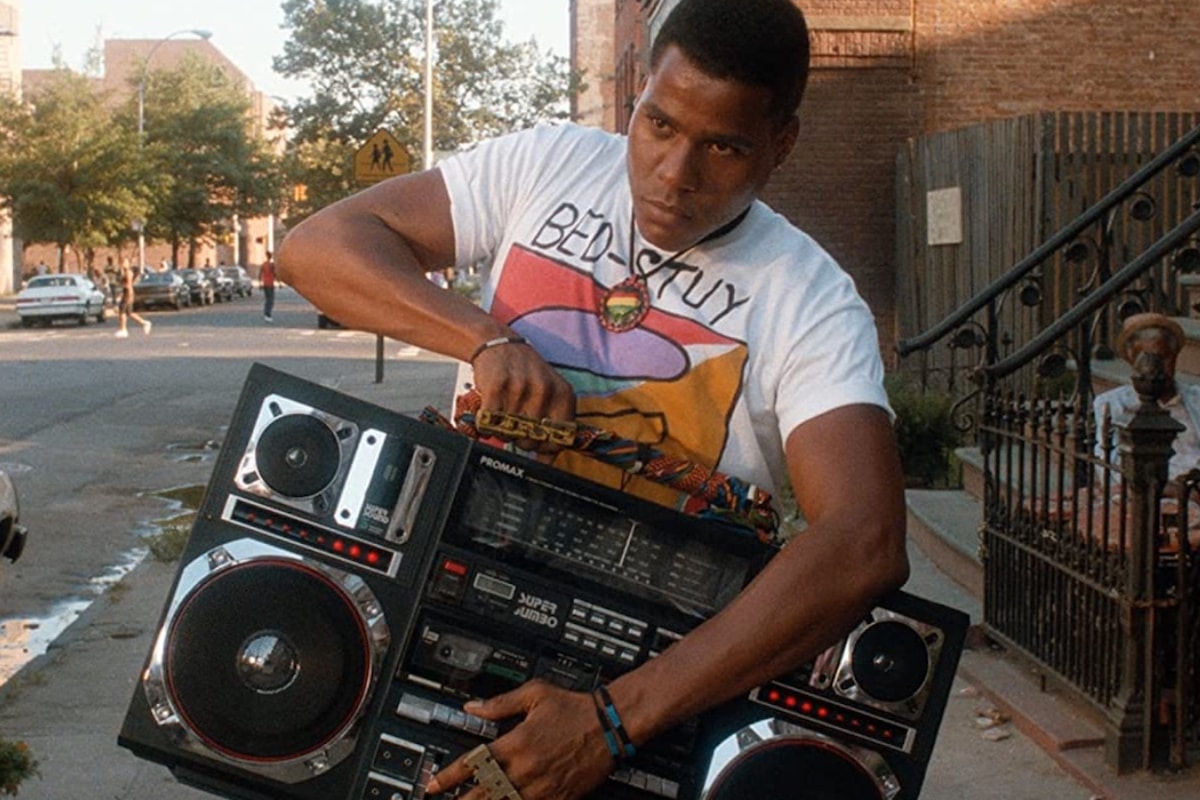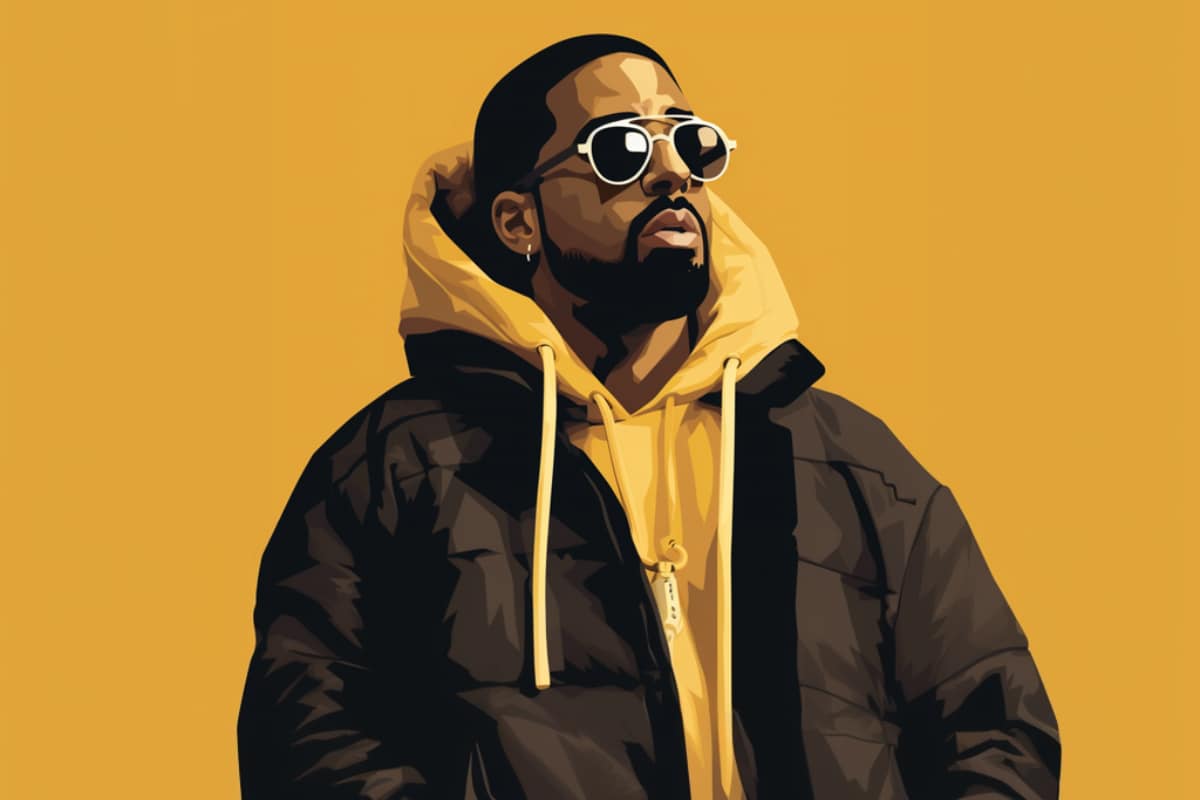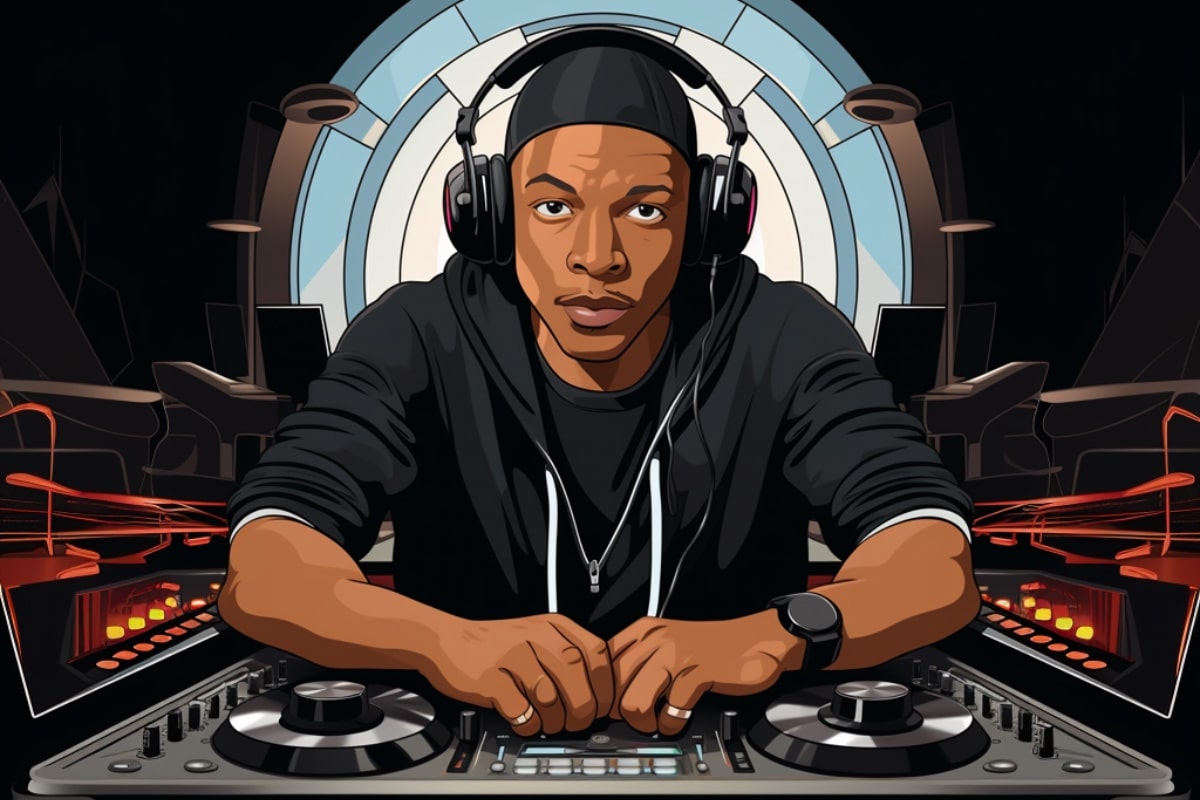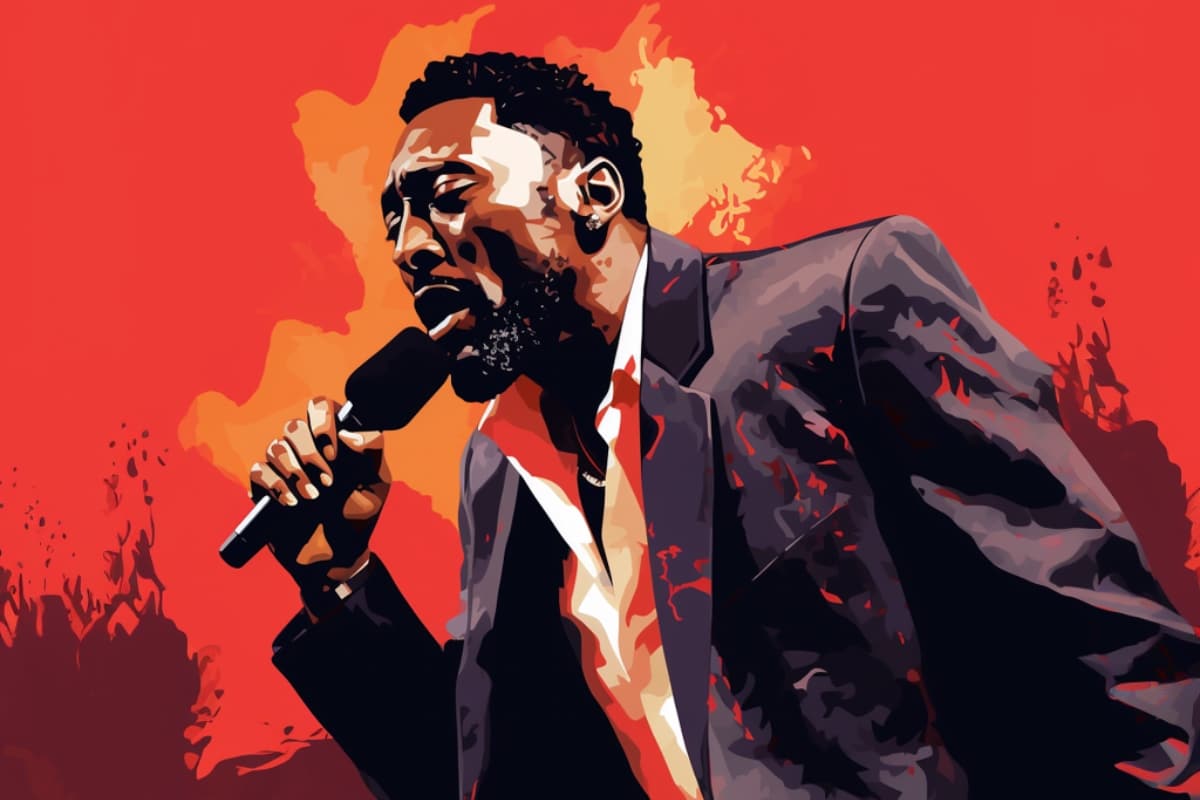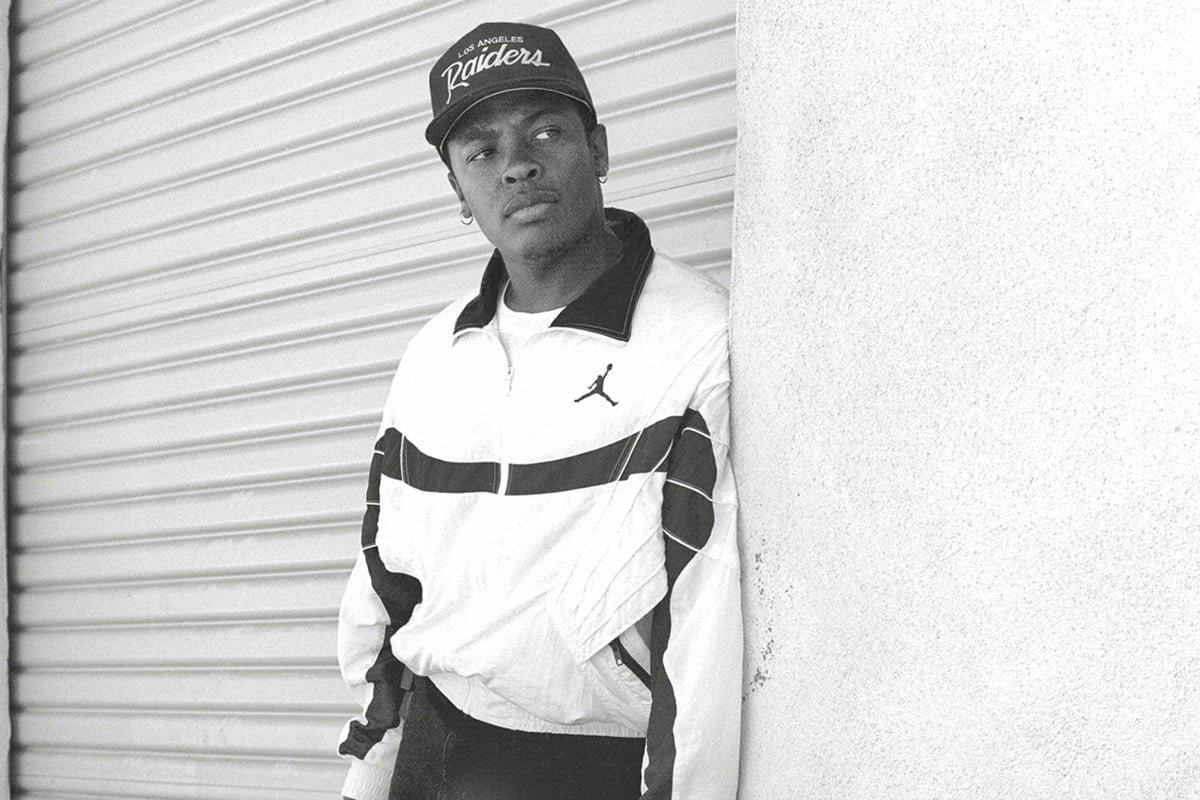It’s hard to imagine the climax of Spike Lee’s seminal 1989 film, Do the Right Thing, without the iconic Public Enemy song “Fight the Power” blaring in the background.
But, what many people don’t know is that Spike Lee had a particular vision in mind when he commissioned the song for the film. He wanted something that would perfectly capture the defiance, anger, and energy of the movie’s final riot scene. And he knew just who to turn to: Public Enemy.
In an interview with Time, the legendary director recalled, “I wanted it to be defiant, I wanted it to be angry, I wanted it to be very rhythmic. I thought right away of Public Enemy.”
After Spike Lee got in touch with Public Enemy to do the song, they agreed on the commission and the group’s frontman Chuck D started working on it. According to the book Don’t Rhyme for the Sake of Riddlin’: The Authorised Story of Public Enemy,” Chuck D was inspired to write most of the song while flying over Italy for a tour.
“I wanted to have sorta like the same theme as the original ‘Fight the Power’ by The Isley Brothers and fill it in with some kind of modernist views of what our surroundings were at that particular time,” he told the book’s author told Russell Myrie.
Featured during some of the most pivotal moments of the movie, “Fight the Power” became not only a hit for Public Enemy, but also a rallying cry for activists and hip-hop heads alike. The lyrics touched on themes of police brutality, racism, and political corruption, all issues that were central to the film’s narrative. Spike Lee was delighted with the song and it’s clear why; the song became the perfect accompaniment to the movie’s powerful and provocative message.
The success of “Fight the Power” on the Do the Right Thing soundtrack was just the beginning for the song. It went on to become one of Public Enemy’s most well-known songs of all time, and was also featured on the group’s iconic third album, Fear of a Black Planet. The song’s explosive energy and social commentary cemented its status as an anthem for those who resist oppression.
